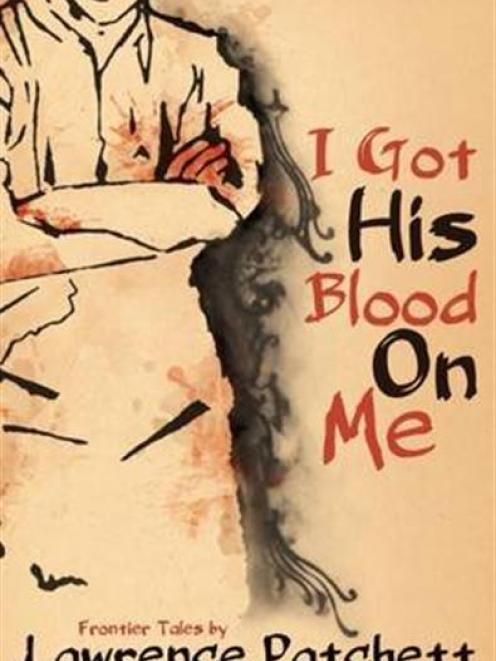
One of the stories is called "The Hesitant Man" - it concerns an anti-hero caught up in the 1909 wreck of The Penguin in Cook Strait. The title is important to the book as a whole, because a number of the main male characters would prefer to stay in their comfort zones, but are thrown into out-of-the norm situations. It's interesting that in this story the hesitant man works against his character to help rescue a number of people, and then meets an heroic man who is struggling with his inability to rescue everyone.
Women don't feature much in these stories: there's a somewhat self-focused girlfriend in the first story, but otherwise women in general play bit parts. The exception is the hilarious "All Our Friends and Ghosts", in which Maud Pember Reeves turns up in the present and shows that our internet-age view of an historical character is probably nothing like the reality. The "hesitant" (and harrassed) narrator in this story is flummoxed by her at every turn.
Patchett uses the title story as the title of his book perhaps because blood is often a feature of these stories, whether it's literal blood, or blood relationships, or relationships formed by blood. This theme is strongest in the story "My Brother's Blood" in which two Scottish brothers find themselves in New Zealand, one as the leader of a group killing seals on the West Coast, and the other as part of a sect whose aim is to bring the seal killing to an end. This is the grimmest of the tales, though it's not without hope.
Many of the stories have a grim flavour to them. But the second last, "The Man Beside the Pool", (which is the only one set outside New Zealand, though it has a real-life Maori woman in the cast) has a loving family at its centre, and some genuine kindness from an unnamed character. And the final, almost postscript-like story, "What Luck", is set in some unnamed community, and is about the healing of the body, mind, spirit, and about being blessed.
One of the title pages tells us "these are fictional stories". It's intriguing that Patchett thought it was necessary to note this, considering that at the other end of the book he acknowledges the sources of many of the stories. It's almost as if he wants to say "I'm not the person who narrates these stories" and "don't believe everything I write about these historical incidents". But is there ever a completely fictional story?
Every writer includes something of him or herself, and uses material from their own lives and from the past.
One or two of the stories didn't resonate with me - hardly surprising in a fairly diverse collection - but overall Patchett's stories are strong narratives, full of apt and memorable details. The male characters, including the hesitant ones, are vividly drawn, having emotional lives we can empathise with. The book restores my faith in the value of the short story form.
• Mike Crowl is a Dunedin writer.












